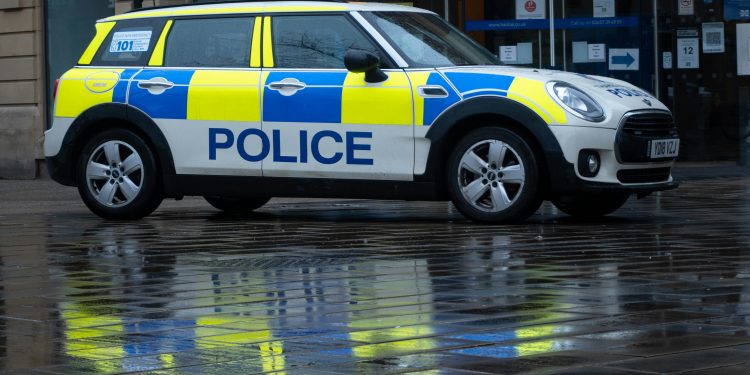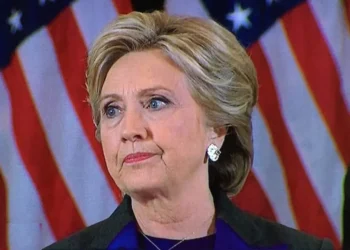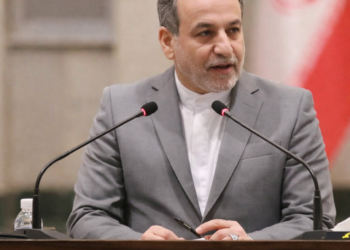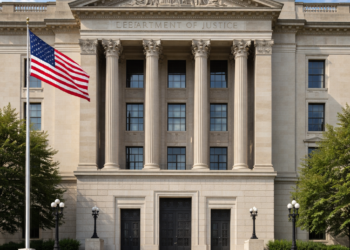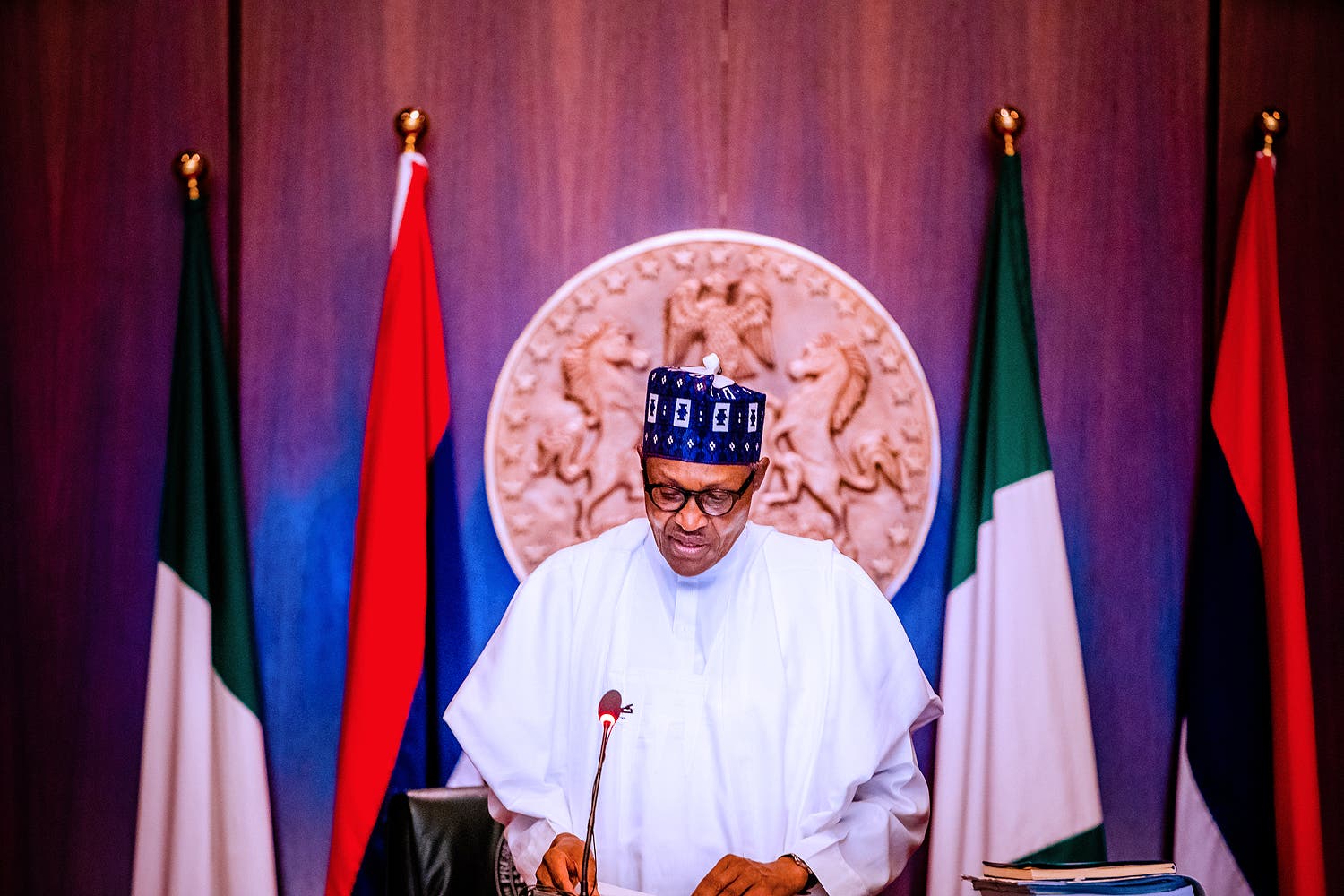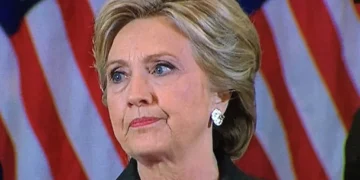Mass arrests in London after Palestine Action protests have drawn sharp attention to the growing tensions between pro-Palestinian activists and UK authorities. Over 365 people were detained by the Metropolitan Police during a rally opposing the government’s decision to ban Palestine Action under anti-terrorism laws. Officers also reported seven other arrests, including five for assaulting police personnel.
Banned Group at the Heart of the Unrest
The government outlawed Palestine Action in July after members allegedly broke into a Royal Air Force base and damaged aircraft in protest over Britain’s support for Israel. Under the new law, being part of the group is now a criminal offence that could lead to a prison sentence of up to 14 years. Supporters argue they are exercising free speech, but authorities say the ban is necessary for national security.
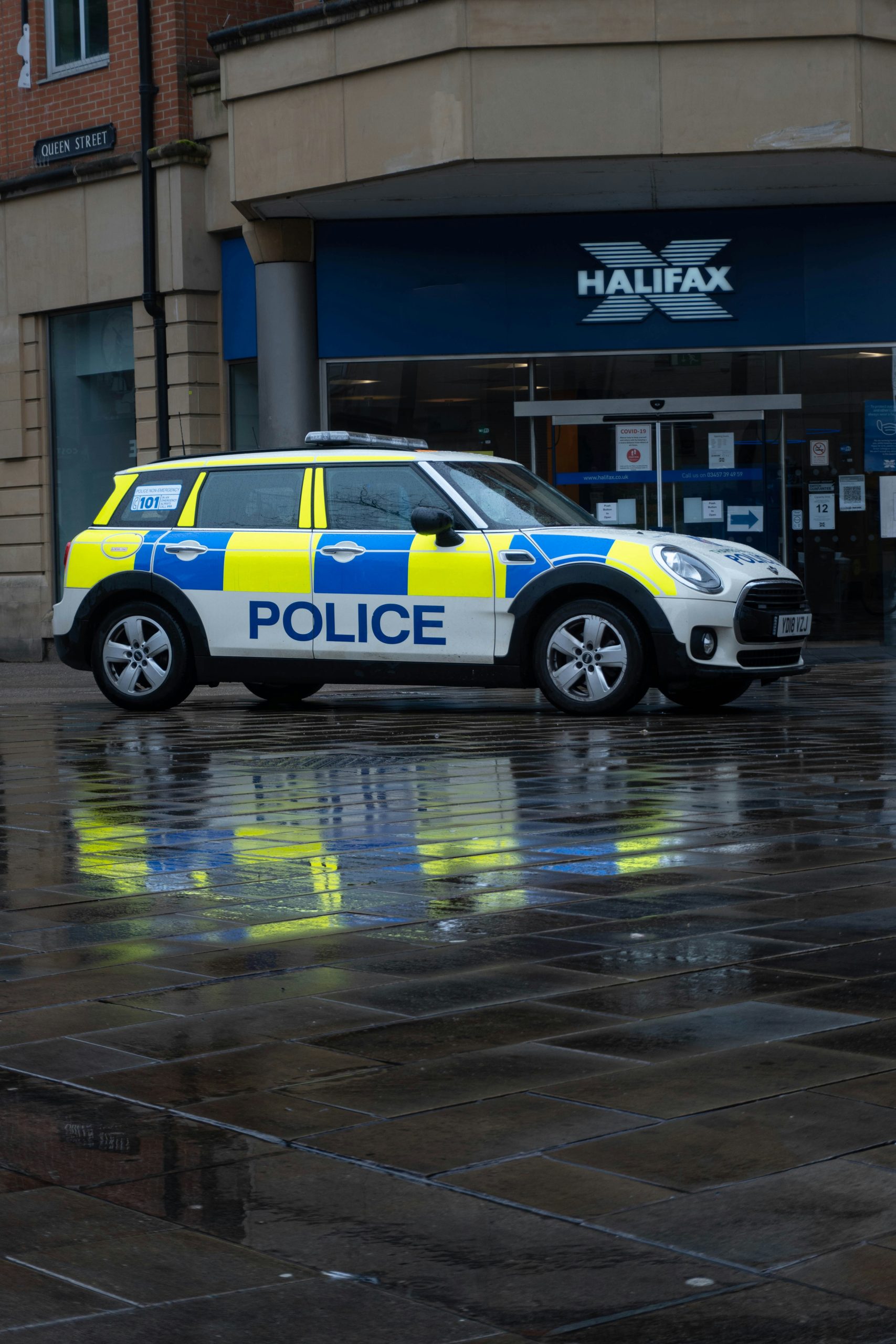
Demonstrators gathered in Parliament Square, many wearing Palestinian scarves and carrying flags, chanting slogans like “hands off Gaza” and “shame on you” at police officers. Video footage showed protesters being physically removed from the area. Placards reading “I oppose genocide” and “I support Palestine Action” were prominently displayed.
Concerns Over Radicalisation
Critics warn that allowing such protests to grow unchecked could turn the UK into a hub for radical propaganda. While peaceful demonstration is a democratic right, security experts say extremist messaging at public gatherings risks influencing vulnerable individuals, particularly in the current climate of rising global tensions.
Despite the crackdown, Palestine Action’s co-founder, Huda Ammori, has been granted the right to legally challenge the government’s ban. This court battle could reopen the debate over whether anti-terrorism laws are being used fairly or are silencing political activism.
Bottom Line
Mass arrests in London after Palestine Action protests highlight the deep divisions over how far freedom of expression should go when national security is at stake. Supporters of the ban believe it is vital to curb extremist propaganda and protect the public, while opponents see it as a dangerous restriction on political activism. The coming legal challenge will test whether the UK can balance security concerns with the principles of open protest.

